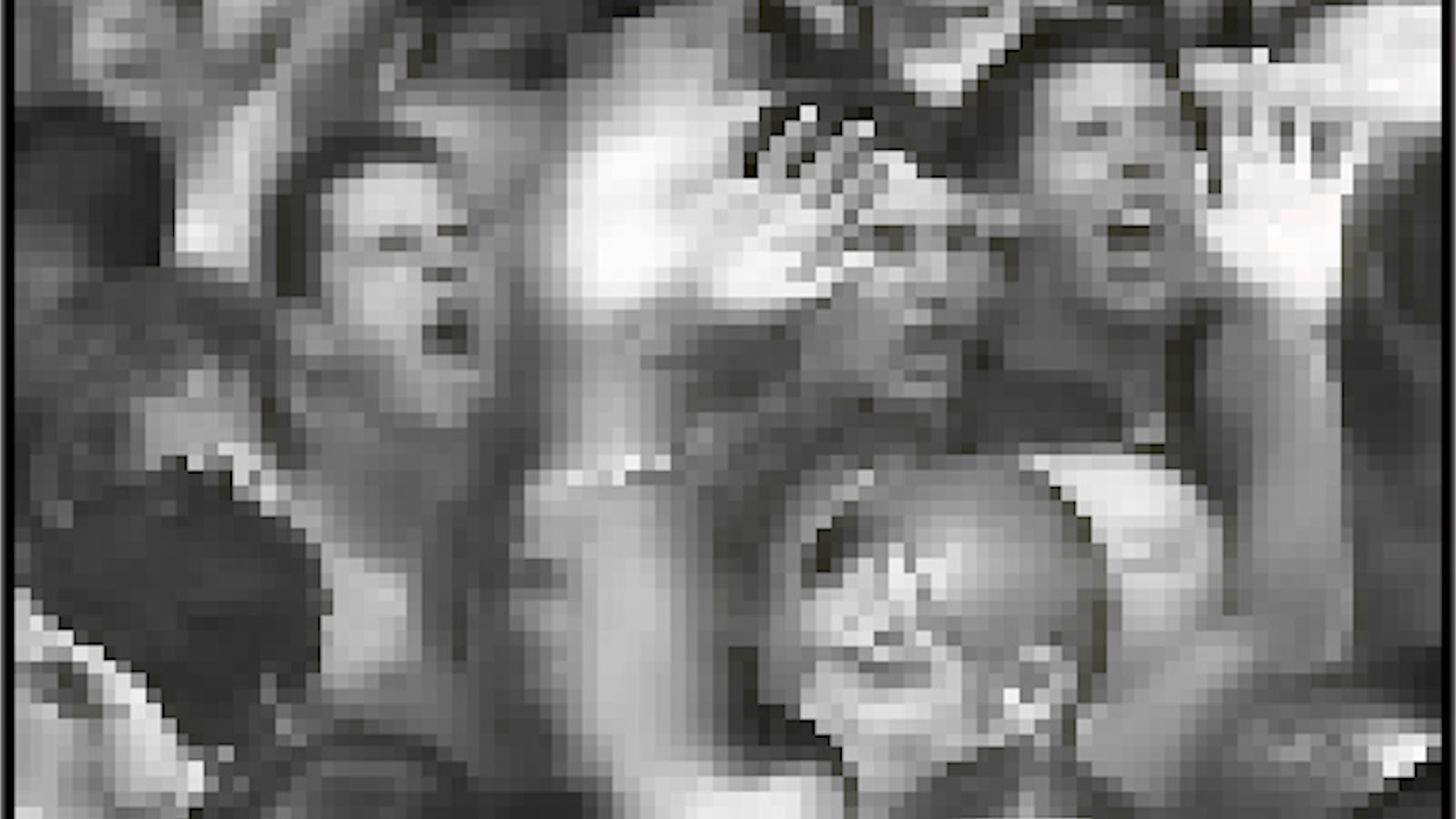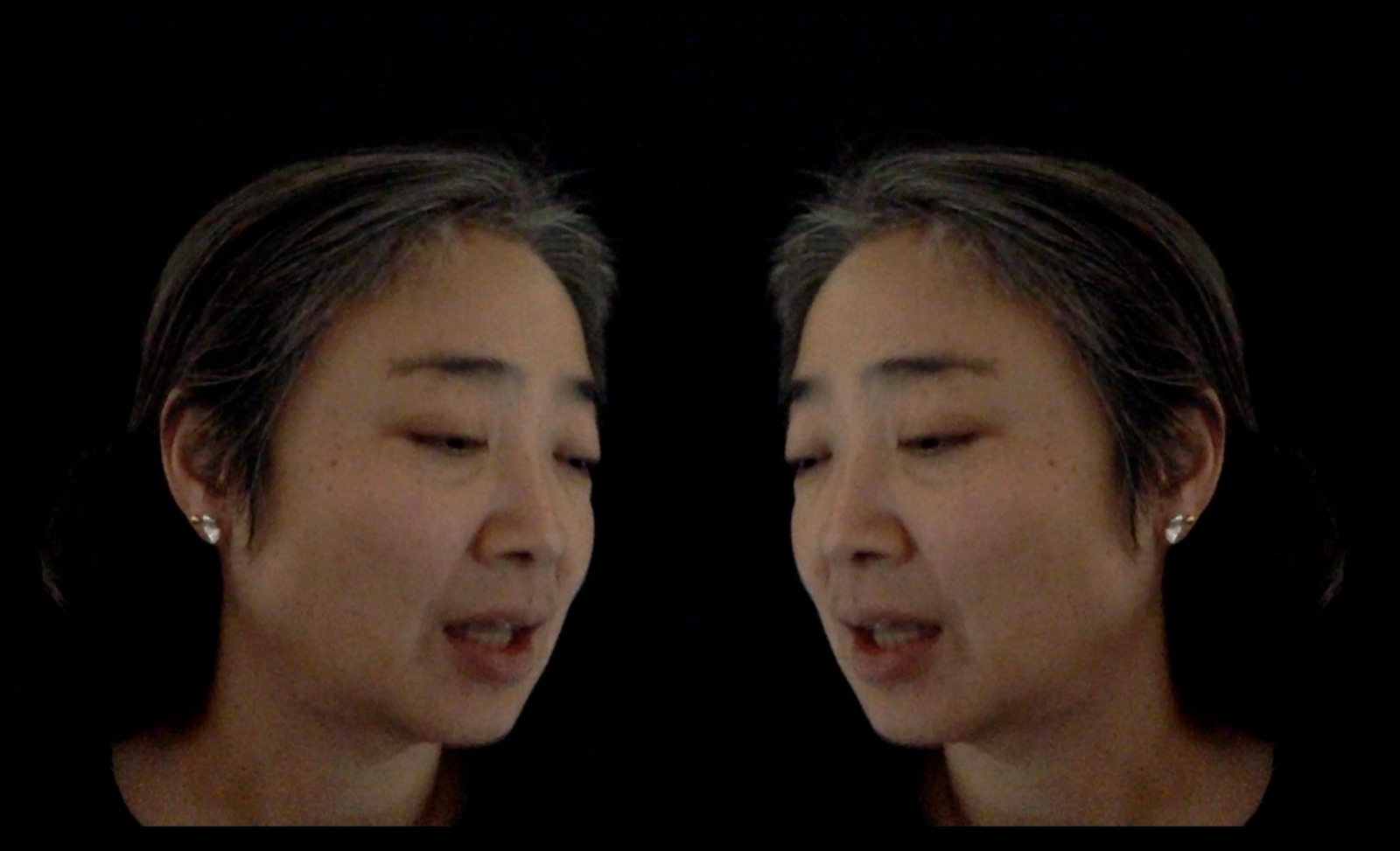Narcissism and its Echoes:
Notes from Steven Connor’s Knee
“The variability of the voice’s origin, whether magically detached from the body, or erupting from illegitimate orifices, means that the ventriloquial voice is both an attempt to imagine and pit the speech of the body against the speech of culture, and an attempt to control that illegitimate speech, to draw it into discourse.”
Steven Connor
What we call ventriloquism is an effect, created in the mind of the spectator. (As Steven Connor says, ‘The art of ventriloquism consists very largely in persuading the audience to do much of the ventriloquist’s work [….] in enfleshing the voice from the skeletal approximations that the ventriloquist supplies”.) Ventriloquy is as much a trick of the mind as it is a trick of the mouth. The sound is issuing from either the wrong time and place, or the wrong voice and body. Or from no body at all. The voice and its shadow, time out of place, a wrong time-place: ventriloquism is about being in-and-out of sync. It is an anachronism, or as Connor (again) says, a dissociation effect, the voice separated from its source, the source either known but not present (‘clear, so to speak, to the ear, but not apparent to the eye’); or purely imagined (hearing voices where there are none). But the difference between these two, ‘the difference between dissimulation and hallucination’, may not always be objective. Speech itself may live as a state of ventriloquy, in ‘there’ talking within us as if we are spoken from elsewhere. Do we, like the doll, offer ourselves as a dummy location for the voice which cannot be placed - a vessel for dummification?

“I think it is in bad taste to quote myself, but here I must make an exception”
Mladen Dolar
Hearing yourself speak, as Derrida first said, is fundamentally unsettling; we perceive this as an echo of our being, a ‘signifier interrupting self-presence’. Your voice is literal, material - a real thing in the world. We can all sing (some actually in tune). You can recognise a cough. Your voice is recognisable, emulable, and now, printable. Your voice is unique; in Australia, my voice identifies me (as the Australian Tax Office makes us repeat when we call them). In Australia, my voice identifies me; that’s why we conflate ‘having a voice’ with political agency. Those denied a voice are stifled, muffled, suppressed, oppressed. Those who get to have a voice are noisy - heard and overheard - powerful; their automatic amplifications part of what Jacques Attali calls ‘the giant noise-emitting machine’.

“Ventriloquism is a technology and technique of deception, statecraft, and power”.
Sarah Kessler
There are problems with assuming everyone’s voice is entirely their own. Who hasn’t picked up a saying here or there? We all - intentionally or obediently - parrot the views we feel are correct. It’s an autotune everything world. What you hear are both your own thoughts, and also echoes from within the silo of your own making. Steven Connor says, “the state or the socius enacts its authority through the process of speaking for and through other subjects. Ventriloquism is both the guarantee of this system and a threat to it…” David Goldblatt says, “ventriloquism entails the effacement of the speaker, while he/she pretends simultaneously to listen … while certain people speak for things (art and nature), persons also speak for other persons, those muted in the social diaspora; the mad, poor, sick, imprisoned.” People speak for things, people speak for persons - and things, perhaps, speak for people. Ventriloquism is an act in which things talk, and those things might be people. (Or not).

mid 17th century: from modern Latin ventriloquium (from Latin venter ‘belly’ + loqui ‘speak’)
Oxford English Dictionary
Ventriloquism used to be a magical practice, aligned with gastromancy - a kind of divination-by-the-stomach. Contemporary gastromantics express their unique subjectivity through productions of distributed, dispensed and disclaimed authorship; performances which, paradoxically, may be read as personal, distinctive, voiced. Perhaps that is where the fantasies of speaking in tongues, the expressivity of the untrammelled id, come in. It is hard to abandon one’s voice completely. But closed mouths and loose tongues can speak other truths too.

“It may be that we are puppets - puppets controlled by the strings of society. But at least we are puppets with perception, with awareness. And perhaps our awareness is the first step to our liberation.”
Stanley Milgram
.
“We suggested that he imitate his own voice, he said he could not do that.”
Thomas Bernhard, The Voice Imitator
More Goldblatt: “ventriloquism is illusion without deception - a truly deceived audience would undermine the nature of the act.” In other words, it’s an illusion in which the audience is in on the act, a consensual, participatory, self-conscious illusion. The double agency at work here goes beyond modernist reflexivity - ‘I’m IN this experience / I’m HAVING this experience’. Our (self-)awareness of the irreducibly ventriloquial condition of relations is more like ‘This experience is IN me / This experience is HAVING me’. Conversing with oneself via a proxy, the tension is between dialogue and a schizo-monologue. Hello ventriloquist; hello dummy.
Joel Stern and Danni Zuvela, May 2019

REFERENCES
Australian Tax Office, Voice Authentication: Benefits of Enrolling Your Voiceprint
David Goldblatt, Art and Ventriloquism
Jacques Attali, Noise: The Political Economy of Music
Jacques Derrida, Of Grammatology
Mladen Dolar, A Voice and Nothing More
Sarah Kessler, Karaoke and Ventriloquism: Echoes and Divergences
Stanley Milgram, Cyranoids, cited in Kevin Corti & Alex Gillespie, Revisiting Milgram’s Cyranoid Method: Experimenting With Hybrid Human Agents
Steven Connor, Dumbstruck; Panophonia